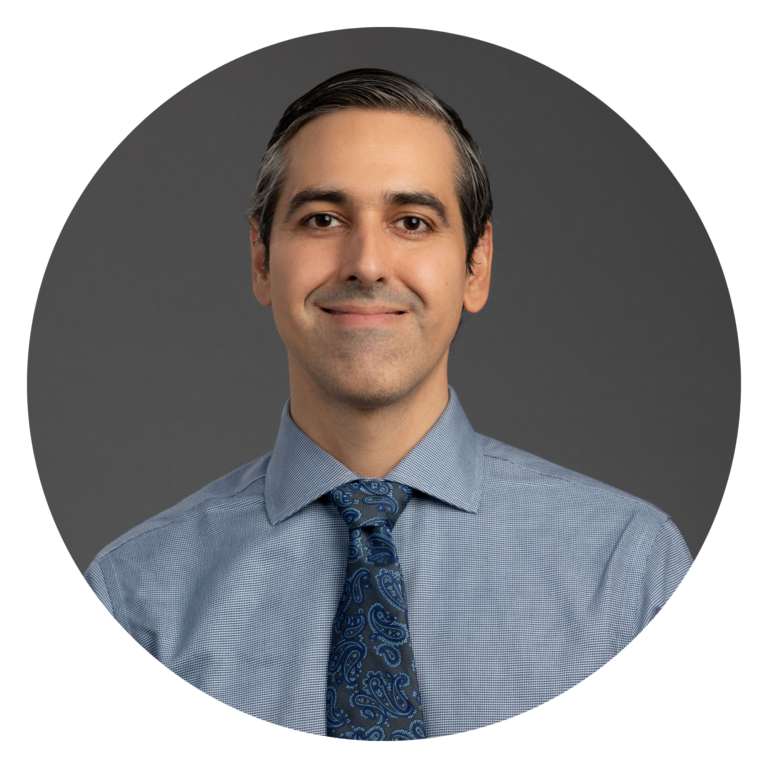MSA Spark
MSA Spark is an event designed to energize and empower you! It will deliver expert-led sessions to provide education, support, and practical strategies to help you navigate life with MSA.
What is MSA Spark?

This 4-hour virtual educational event, Mission MSA’s reimagined Patient & Family Conference, is designed to energize, empower, and ignite hope within the MSA community.
MSA Spark featured three expert-led sessions:
- Nutrition and MSA: Dietary Strategies for Symptom Management
- Physical Therapy and Exercise for MSA Patients
- Mind Matters: Energizing Mental Health for Patients and Care Partners
Whether you’re navigating MSA as a patient, caregiver, or loved one, this event is for YOU.
Join us Wednesday, January 22, 2025 at 10:00am ET. Together, let’s ignite a spark of hope!
Sessions & Speakers
Physical Therapy and Exercise for MSA Patients

Brooke N. Klatt, PhD, PT, DPT
Assistant Professor, Physical Therapy Department, University of Pittsburgh
Lorem ipsum dolor sit amet, consectetur adipiscing elit, sed do eiusmod tempor incididunt ut labore et dolore magna aliqua.
Ut enim ad minim veniam, quis nostrud exercitation ullamco laboris nisi ut aliquip ex ea commodo consequat. Duis aute irure dolor in reprehenderit in voluptate velit esse cillum dolore eu fugiat nulla pariatur.
Excepteur sint occaecat cupidatat non proident, sunt in culpa qui officia deserunt mollit anim id est laborum.
Brooke is an Assistant Professor in the Physical Therapy Department at the University of Pittsburgh. She received her BS in Kinesiology from Penn State University; DPT from New York University; PhD in Rehabilitation Science from University of Pittsburgh; and completed a post-doctoral fellowship at Johns Hopkins University. Dr. Klatt is currently funded by the National Institutes of Health to conduct her research aiming to optimize balance and vestibular physical therapy delivery and outcomes. Clinically, she has almost 20 years of experience as a physical therapist and is designated as a Board-Certified Neurologic Clinical Specialist. Brooke has served as the PT at the UPMC Multiple System Atrophy (MSA) Centers of Excellence Multidisciplinary Clinic for one year, working alongside a neurologist, speech-language pathologist, and social worker to deliver comprehensive care to patients with MSA. She is passionate about patient-centered care and empowering individuals and their families with knowledge and strategies to optimize function and quality of life.
Nutrition and MSA: Dietary Strategies for Symptom Management

Emily Truscott, MS, RD, LD
Clinical Dietitian, Norman Fixel Institute for Neurological Diseases at UF Health
Lorem ipsum dolor sit amet, consectetur adipiscing elit, sed do eiusmod tempor incididunt ut labore et dolore magna aliqua.
Ut enim ad minim veniam, quis nostrud exercitation ullamco laboris nisi ut aliquip ex ea commodo consequat. Duis aute irure dolor in reprehenderit in voluptate velit esse cillum dolore eu fugiat nulla pariatur.
Excepteur sint occaecat cupidatat non proident, sunt in culpa qui officia deserunt mollit anim id est laborum.
Emily Truscott is a clinical dietitian with expertise in medical nutrition therapy for neurological conditions. In her outpatient role at the Norman Fixel Institute for Neurological Diseases at UF Health, she works closely with patients to improve their nutrition status through individualized interventions. Additionally, she actively contributes to the UF Food Science and Human Nutrition department’s Neuro Nutrition research and education initiatives.
Mind Matters: Energizing Mental Health for Patients and Care Partners

Sarah Mitchell Chen LCSW, APHSW-C
Licensed Clinical Social Worker, Rush University Medical Center

David A. Gonzalez, PhD, ABPP
Clinical Neuropsychologist and Assistant Professor, Rush University Medical Center
Lorem ipsum dolor sit amet, consectetur adipiscing elit, sed do eiusmod tempor incididunt ut labore et dolore magna aliqua.
Ut enim ad minim veniam, quis nostrud exercitation ullamco laboris nisi ut aliquip ex ea commodo consequat. Duis aute irure dolor in reprehenderit in voluptate velit esse cillum dolore eu fugiat nulla pariatur.
Excepteur sint occaecat cupidatat non proident, sunt in culpa qui officia deserunt mollit anim id est laborum.
Sarah is a Licensed Clinical Social Worker at Rush University Medical Center with more than 15 years of experience working as a clinician, program coordinator, and research team member. Sarah has spent her career providing care management in long-term care and ambulatory healthcare settings, where she works to address non-medical barriers to wellness and improve health outcomes for patients and care partners, focusing especially on individuals and families impacted by symptoms of various movement and neurodegenerative disorders as well as forms of dementia. As a result of her work with the Rush Movement Disorders Clinic’s Advanced Interdisciplinary Movement Disorders Supportive Care Clinic (AIMS), Sarah has completed advanced training and certification in palliative care with an emphasis on helping patients and care partners better understand their choices and preferences for medical care and non-medical care. Sarah earned a master’s degree from the University of Chicago Crown Family School of Social Work, Policy, and Practice with a concentration in Older Adult Studies.
Lorem ipsum dolor sit amet, consectetur adipiscing elit, sed do eiusmod tempor incididunt ut labore et dolore magna aliqua.
Ut enim ad minim veniam, quis nostrud exercitation ullamco laboris nisi ut aliquip ex ea commodo consequat. Duis aute irure dolor in reprehenderit in voluptate velit esse cillum dolore eu fugiat nulla pariatur.
Excepteur sint occaecat cupidatat non proident, sunt in culpa qui officia deserunt mollit anim id est laborum.
David is a clinical neuropsychologist and assistant professor at Rush University Medical Center. David completed his training at the University of North Texas and South Texas Veterans Health Care System. He has a clinical interest in assessing and treating neurocognitive and emotional-behavioral outcomes in neurological disorders, particularly movement disorders. His research focuses on: 1) improving our measurement of daily functioning, cognition, sleep, and problematic behavior, and 2) deepening our understanding of psychosocial morbidity (e.g., loneliness) in neurologic disorders.

